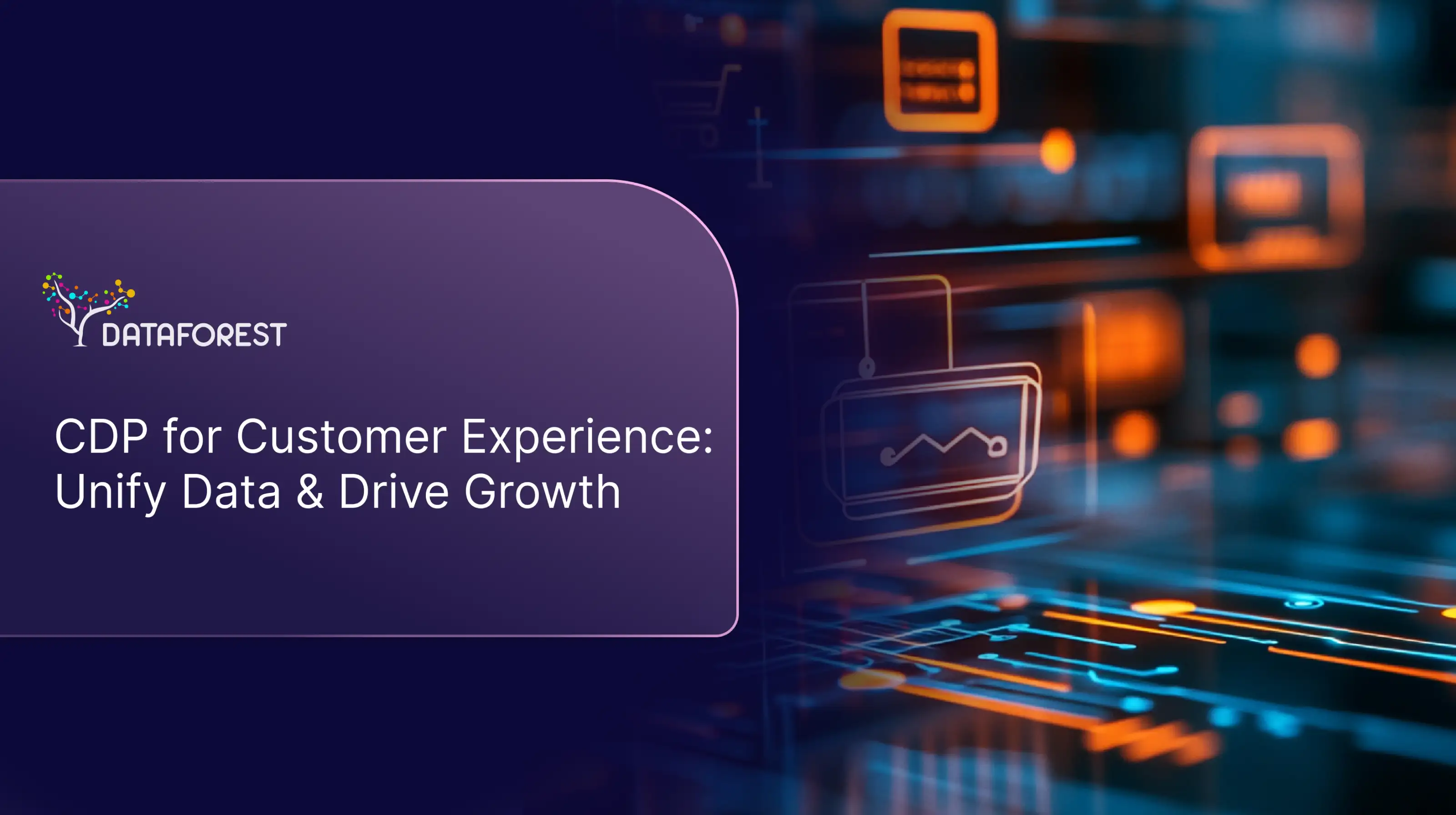Share
Table of contents:
Business Intelligence (BI): Transforming Data Into Strategic Power
.webp)
Business Intelligence (BI) is the practice of collecting, integrating, analyzing, and visualizing data to support informed decision-making across an organization. BI transforms raw information into actionable insights, helping businesses monitor performance, identify trends, and respond quickly to market changes.
Modern BI platforms consolidate data from multiple internal and external sources, allowing stakeholders to view a single version of the truth through interactive dashboards and reports.
Core Components of BI Systems
Data Warehousing:
Centralizes information from disparate operational systems into a unified repository. This ensures data consistency, quality, and accessibility across business units.
ETL Processes (Extract, Transform, Load):
Standardize, clean, and prepare raw data for analysis. ETL pipelines guarantee that data entering the warehouse is accurate and relevant.
Data Integration Platforms:
Combine information from various systems — CRM, ERP, marketing tools — into a single environment for comprehensive analysis.
Analytical Engines:
Perform calculations, aggregations, and advanced analytics, including statistical modeling and trend analysis.
Visualization Tools:
Provide dashboards, charts, and reports that present complex data in an understandable way, enabling faster interpretation and decision-making.
Self-Service BI:
Empowers business users to query data, create custom reports, and perform ad hoc analysis without depending solely on IT teams.
Governance and Security:
Ensure compliance with regulations, protect sensitive data, and maintain consistency through role-based access controls and auditing.
Applications Across Industries
Business Intelligence is widely used across sectors to solve operational challenges and uncover growth opportunities:
Strategic Benefits and Impact
Faster Decision-Making:
Real-time dashboards and alerts allow managers to act quickly when key metrics change.
Improved Accuracy:
By consolidating data from multiple systems into a single source, BI reduces errors and inconsistencies that lead to poor decisions.
Operational Efficiency:
BI identifies bottlenecks, inefficiencies, and underperforming areas, enabling targeted process improvements.
Data-Driven Culture:
When analytics are accessible to all levels of the organization, employees become more proactive and innovative, using insights to guide daily decisions.
Competitive Advantage:
Organizations that leverage BI can react to market trends faster, develop better strategies, and stay ahead of competitors.
Summary
Business Intelligence (BI) is an essential part of modern business strategy, providing the tools and methodologies to turn data into knowledge. By integrating data warehousing, ETL processes, analytical engines, and visualization tools, BI platforms enable organizations to track performance, forecast future outcomes, and align decisions with strategic goals.
When implemented effectively, BI transforms data from a passive asset into a dynamic resource that drives innovation, efficiency, and sustainable growth.











